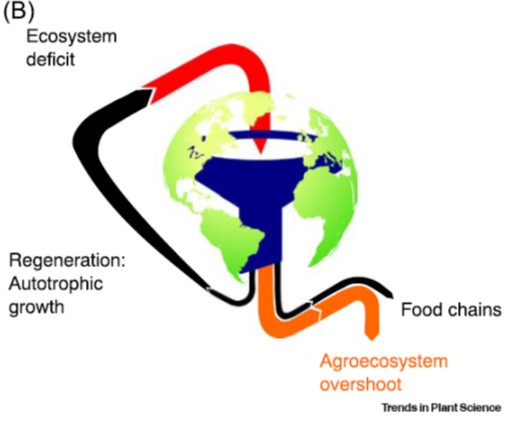
Review. Flowering plants in the Anthropocene: A political agenda (Trends Plant Sci)
Plant Science Research WeeklyFor the past 100 million years, flowering plants have been the main producers of land biomass. They also are indirectly responsible for the origin of agriculture, setting the ball rolling for the onset of the Anthropocene. Negrutiu et al. argue that the accompanying rapid global changes require a reconsideration…
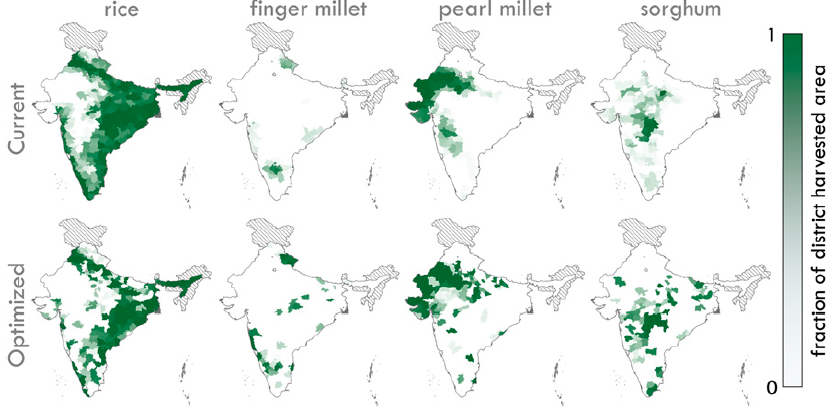
Assessing the sustainability of post-Green Revolution cereals in India ($) (PNAS)
Plant Science Research WeeklyThe major objectives of sustainable agriculture are to fulfill food requirements, maintain a safe environment and profitable economy, and withstand climate change. Here, Davis et al. discuss a multidimensional approach to achieve sustainable agriculture in India by transitioning some areas from growing…

The greenhouse gas impacts of converting food production in England and Wales to organic methods (Nature Comms)
Plant Science Research WeeklyMany discussions about organic food production are dominated by dogma rather than pragmatism. Nevertheless, here’s a useful report that examines the impact of organic farming methods in England and Wales on greenhouse gas (GHG) emissions. Are the well-documented lower yields offset by differences in…

Review: The challenges of delivering genetically modified crops with nutritional enhancement traits (Nature Plants) ($)
Plant Science Research WeeklyDespite the widespread success of genetically modified (GM) crops resistant to herbicides and insect herbivory, GM food crops with nutritional enhancement traits remain on the fringes of commercial agriculture. In this review, Napier et al. examine the current state of GM food crops and the obstacles…

EU regulatory approach to directed mutagenesis: consequences for international trade and potential steps forward (New Phytol)
Plant Science Research WeeklyThe seed sector, and particularly plant breeders, are responsible for providing farmers with new plant varieties able to overcome challenges such as climate change, water restrictions or plant pests. In order to do their job, breeders have a collection of tools at their disposal. Among these are traditional…
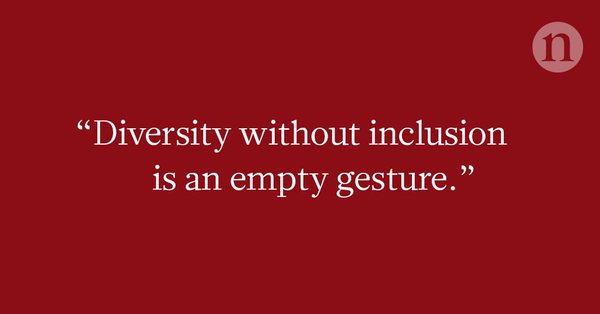
Opinion: To learn inclusion skills, make it personal (Nature)
Plant Science Research WeeklyThis is a great essay by David Asai, Senior Director for science education at the Howard Hughes Medical Institute. David describes his journey from feeling annoyed at having to attend a multicultural forum to embracing their merit. He describes exercises that promote empathy and encourage respectful…
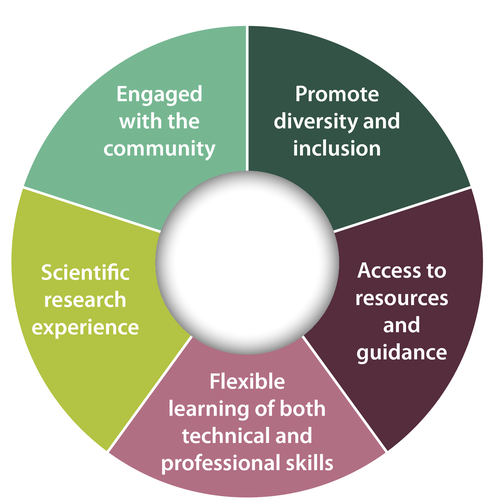
White Paper: Reinventing postgraduate training in the plant sciences (Plant Direct)
Plant Science Research Network, Plant Science Research WeeklyWhat tools and skills do tomorrow’s plant scientists need, and how can we as a community ensure that today’s students get appropriate training? The Plant Science Research Network (PSRN), a consortium of plant science organizations and societies, has organized a series of workshops and discussions…

Editorial: The challenge of the post-truth era (Nature Chem Biol)
Plant Science Research WeeklyWhy do people persist in thinking that climate change is not happening, or that vaccines cause autism? Scientists need to find better ways to communicate about what we do. In this editorial from Nature Cell Biology, the authors point to the low achievement level of US high school students (and those…
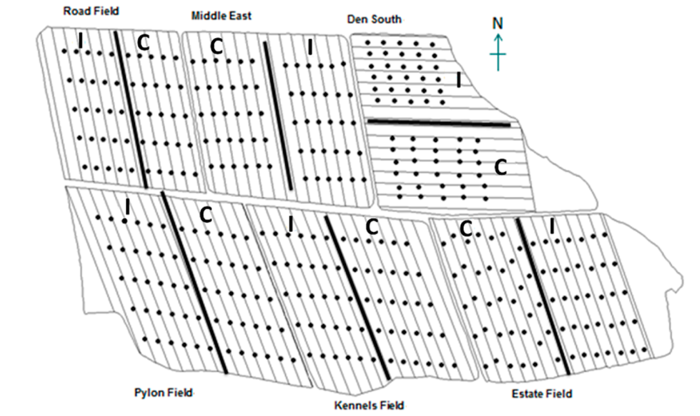
Impact of Conventional and Integrated Management Systems on the Water-Soluble Vitamin Content in Potatoes, Field Beans, and Cereals ($)
Blog, Plant Science Research Weekly, ResearchJ. Agric. Food Chem. Agriculture in the EU is shifting towards a more sustainable use of resources and preservation of the biodiversity. This process requires a careful assessment of the balance between economic and environmental demands. To achieve this goal, the James Hutton Institute set up a long-term…

